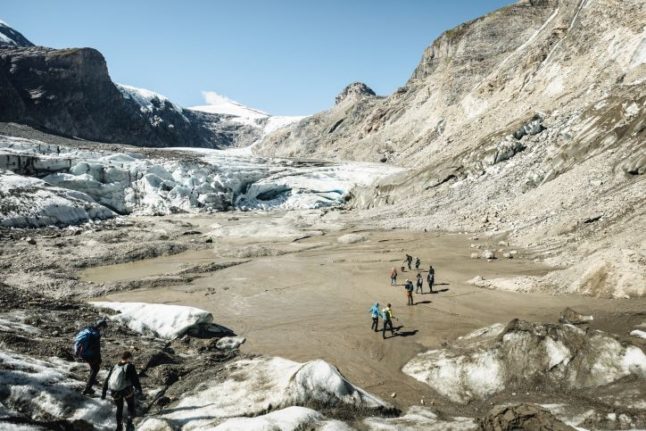The medal, won in the Mixed nacra 17 sailing race, is the first for Austria since the 2008 Peking Olympics.
Thomas Zajac, 30, and Tanja Frank, 23, both from Vienna, almost took silver after finishing the regatta with 78 points, the same as Australia.
They ended with bronze, however, after finishing third in the medal race, behind Australia's Jason Waterhouse and Lisa Darmanin.
It follows Austria’s previous medal in 2008 which was a bronze that went to Violetta Oblinger-Peters for the slalom canoe.
Speaking after their victory, Frank said: “We always believed in ourselves” with Zajac adding: “We stayed cool.”
The two have sailed together since 2012, with Frank learning the sport from the age of three when she started sailing on the Alte Donau.
Since then she has gone on to become a Junior World Champion, along with Austrian Lara Vadlau, and now has a bronze Olympic medal to add to her collection.
Zajac, whose father also competed in the Olympics for Poland back in 1980, has also seen earlier victories, coming second in 2009 in the World Championships for Tornado Catamaran Sailing.
Speaking after the victory, the pair's trainer Angelo Glisoni said: “I think I need now a couple of Caipirinha to realise it. We have worked hard to reach this result, it is a dream.”



 Please whitelist us to continue reading.
Please whitelist us to continue reading.
Member comments